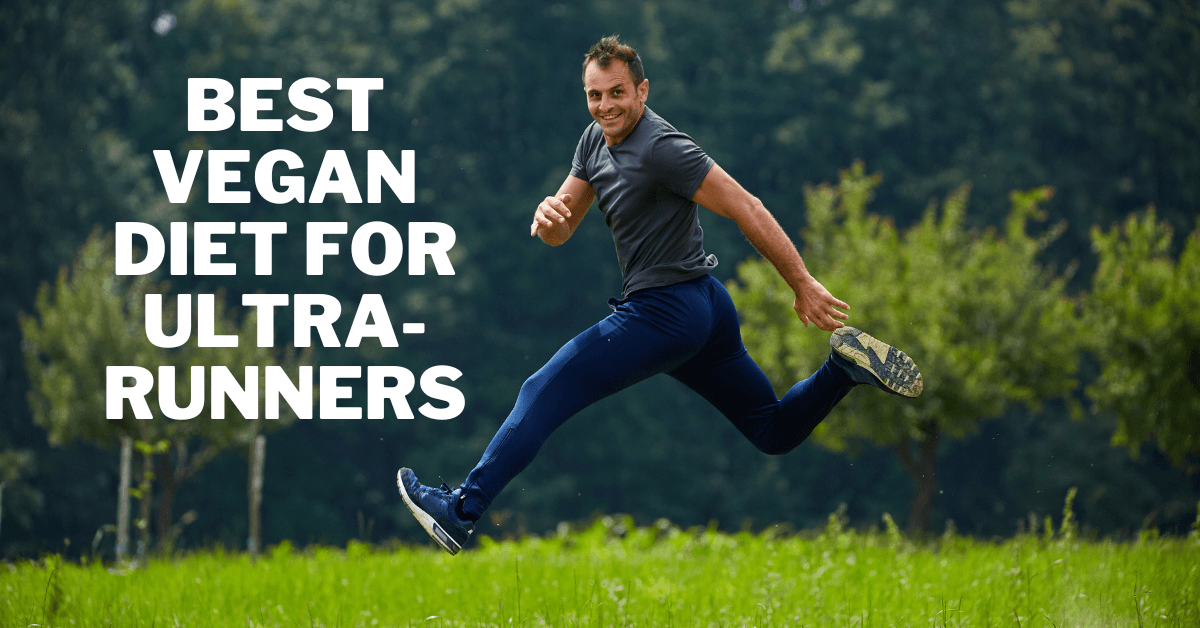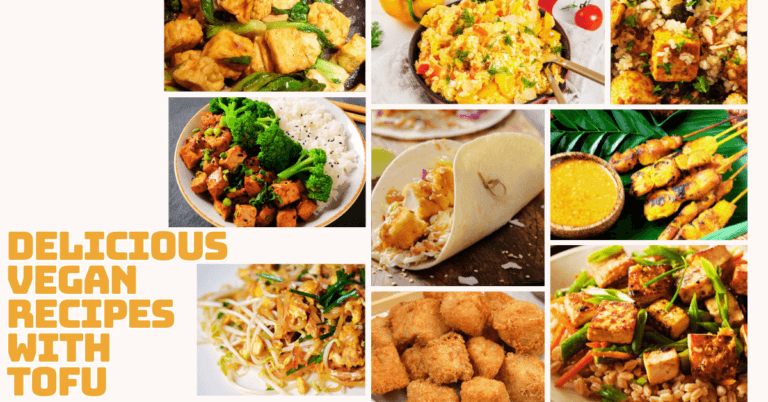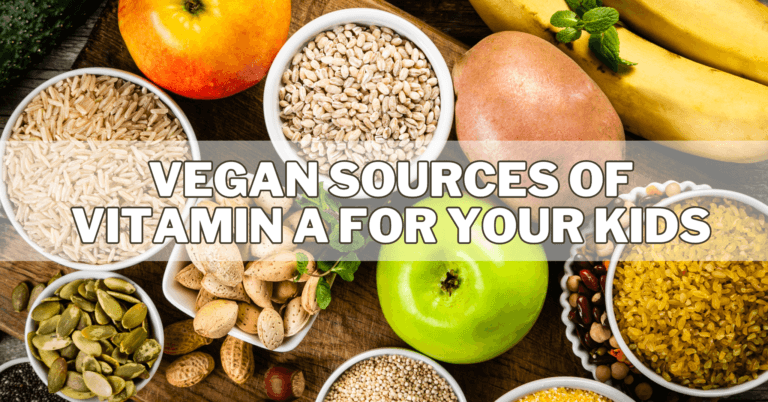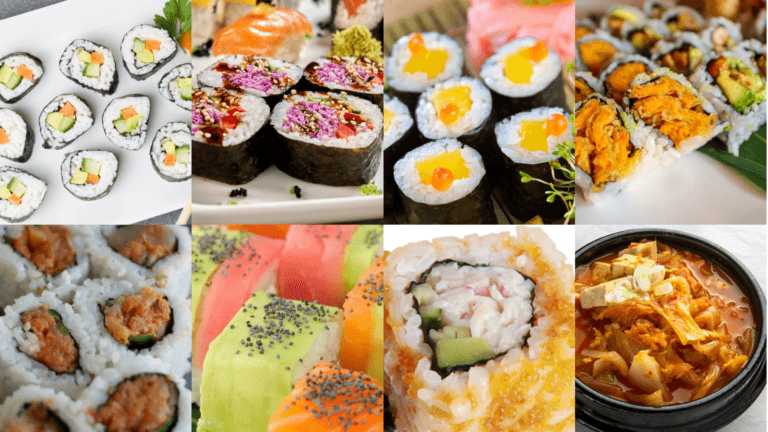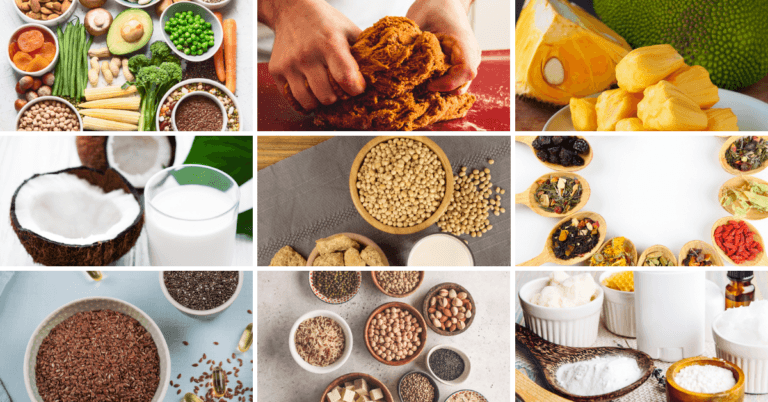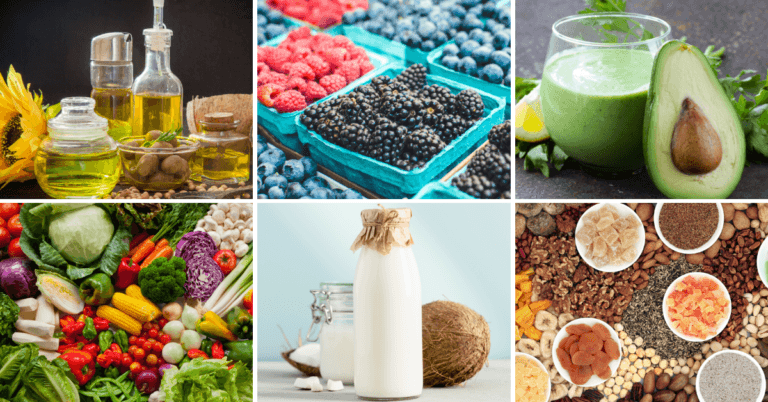Best Vegan Diet For Ultra-Runners
Best Vegan Diet For Ultra-Runners
Embarking on the challenging journey of ultra-distance running requires more than just physical stamina—it demands a finely tuned approach to nutrition.
As the demand for optimal performance and enduring stamina in ultra-distance running grows, many ultra-runners are turning to the vegan diet as a strategic and sustainable approach to fueling their extraordinary journeys.
As many athletes embrace plant-based lifestyles, the vegan diet has emerged as a compelling option for ultra-runners seeking optimal performance, enhanced endurance, and efficient recovery.
In this guide, we delve into the key considerations for crafting a vegan diet tailored specifically to the unique demands of ultra running.
From macronutrient balance to micronutrient needs, hydration strategies and recovery practices, we explore the essential elements that can propel vegan ultra-runners to peak athletic performance.
Uncover the power of plant-based nutrition and discover how a well-planned vegan diet can sustain and elevate your performance on the trail, proving that compassionate choices can go hand in hand with extraordinary athletic feats.
Introduction To Veganism For Ultra-Runners
Adopting a vegan diet is more than a dietary choice. It's a lifestyle that eschews animal products, encompassing food, clothing, and other consumables.
For ultra-runners, the appeal lies in the potential for improved health, ethical considerations, and reduced environmental impact.
A vegan diet focuses on plant-based foods, such as fruits, vegetables, legumes, whole grains, nuts, and seeds. It excludes animal-derived products such as meat, dairy, eggs, and honey.
Contrary to misconceptions, a well-planned vegan diet can provide all the nutrients needed for the rigorous demands of ultra-distance running.
One common concern is whether a vegan diet can meet the high energy and nutritional requirements of endurance sports.
However, with careful attention to macronutrient distribution and food choices, vegan athletes can attain the necessary protein, carbohydrates, and fats for sustained energy and optimal performance.
Another misconception revolves around protein intake, as some believe plant-based sources may fall short.
Yet, a diverse vegan diet rich in legumes, tofu, tempeh, and plant-based protein supplements can adequately meet an ultra runner's protein needs.
This introduction addresses these concerns, aiming to dismantle stereotypes and showcase the potential of a thoughtfully planned vegan diet to fuel ultra-runners and elevate their performance on the trail.
As we delve deeper into the nuances of veganism for endurance athletes, we will explore practical strategies, nutritional insights, and success stories that underscore the compatibility of veganism and ultramarathon training.
Exploring The Vegan Diet For Ultra-Runners
In endurance sports, where every nutrient counts and every stride pushes the boundaries of human capability, the vegan diet emerges as a compelling and often underestimated ally.
It's a journey that transcends the confines of tradition, challenging preconceptions and revealing a world where compassion and peak athletic prowess converge. So, let’s get started:
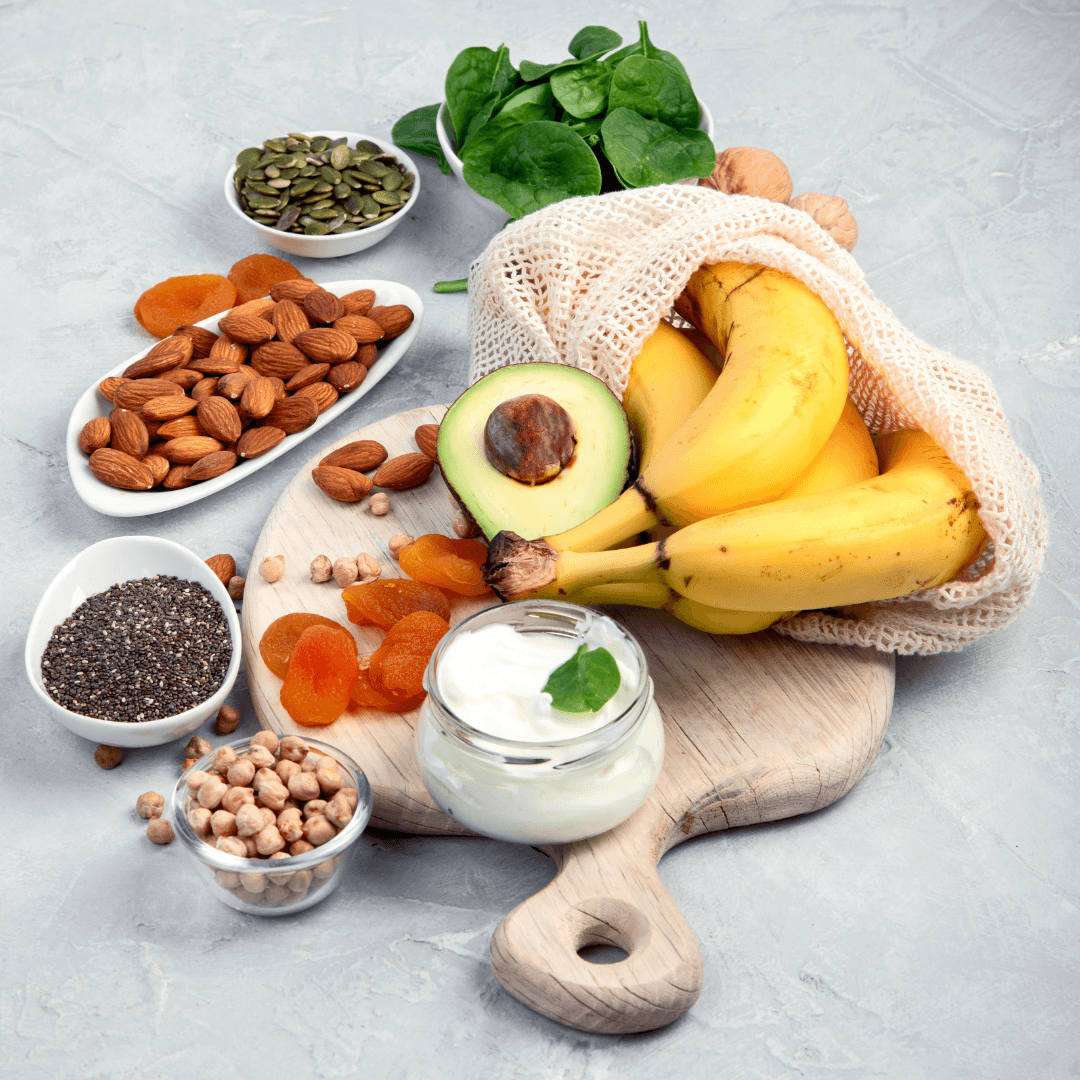
1. Macronutrient Requirements
Carbohydrates emerge as the primary fuel source, providing the quick and accessible energy needed for each stride.
Essential for preventing fatigue, carbohydrates maintain glycogen stores, enabling ultra-runners to conquer vast distances.
Conversely, proteins are critical in muscle repair and recovery, safeguarding against the wear and tear inherent in prolonged, intense exercise.
In the vegan context, plant-based protein sources like legumes, tofu, and quinoa become invaluable allies.
Fats, often misconceived, serve as a sustained energy reserve during prolonged efforts. They become particularly crucial in ultra-distance running, where the body shifts to burning fats for fuel during extended periods of exertion.
For vegan ultra-runners, achieving an optimal macronutrient balance involves a breakdown that typically ranges from 55% to 65% carbohydrates, 15% to 20% protein, and 20% to 30% fats.
However, individual needs may vary based on training intensity, body composition, and metabolic efficiency.
A nuanced understanding of these macronutrient dynamics empowers vegan ultra-runners to fine-tune their dietary approach, ensuring endurance on the trails and robust recovery after the last mile is conquered.
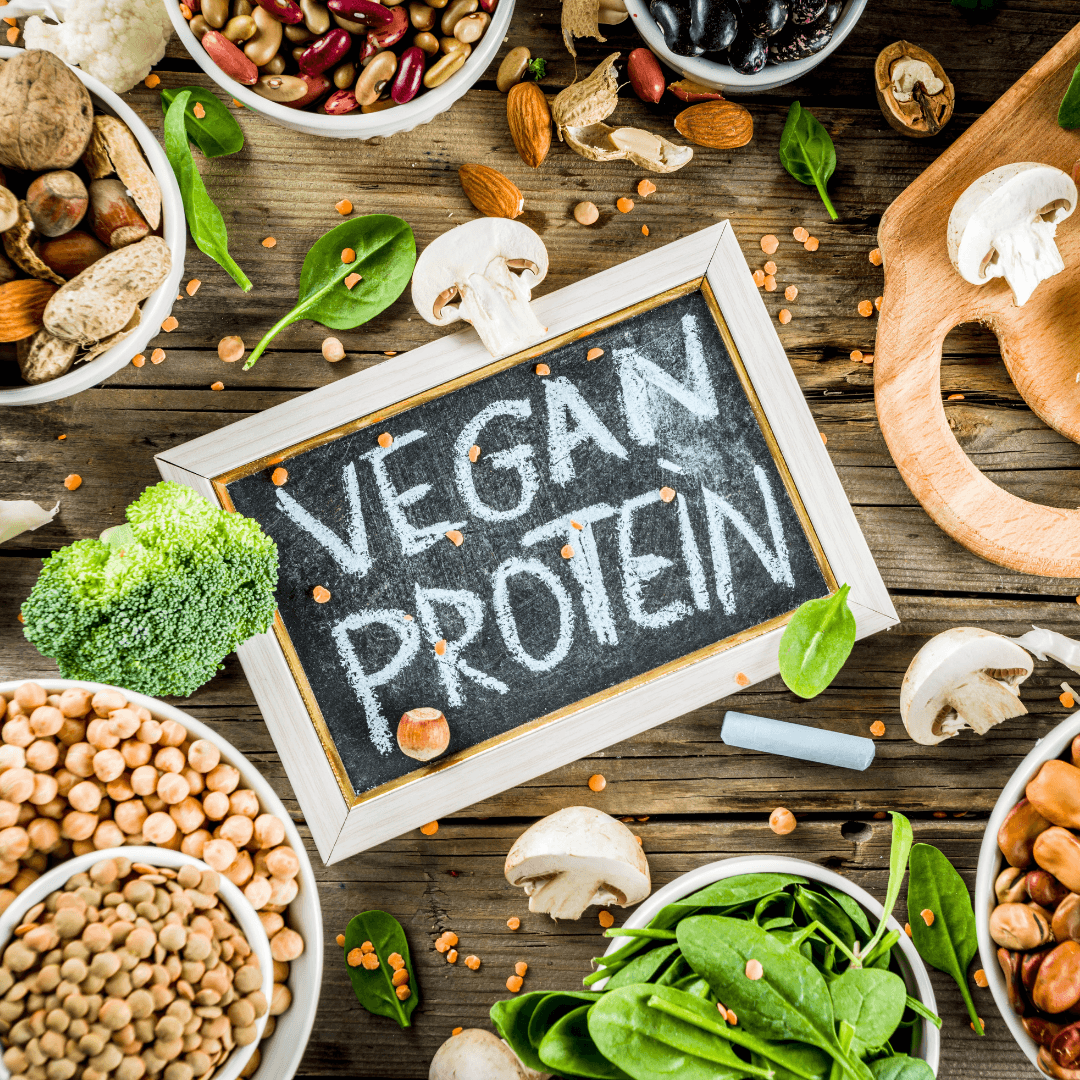
2. Plant-Based Protein Sources
Legumes, including lentils, chickpeas, and black beans, are versatile staples that provide a hearty dose of protein, fibre, and essential minerals.
Tofu and tempeh, derived from soybeans, emerge as plant-based powerhouses, offering complete proteins with amino acid profiles crucial for muscle repair and growth.
Quinoa, a pseudo-grain, is resilient because it delivers all nine essential amino acids, making it invaluable to the vegan athlete's plate.
Furthermore, plant-based protein supplements have broadened the options for endurance enthusiasts.
Products derived from peas, hemp, brown rice, and other plant sources provide a convenient and concentrated source of protein, aiding athletes in meeting their elevated protein requirements.
Incorporating various plant-based protein sources ensures that vegan ultra-runners attain the necessary protein intake for sustained performance and enjoy diverse flavours and textures, contributing to their dietary regimen's overall enjoyment and sustainability.
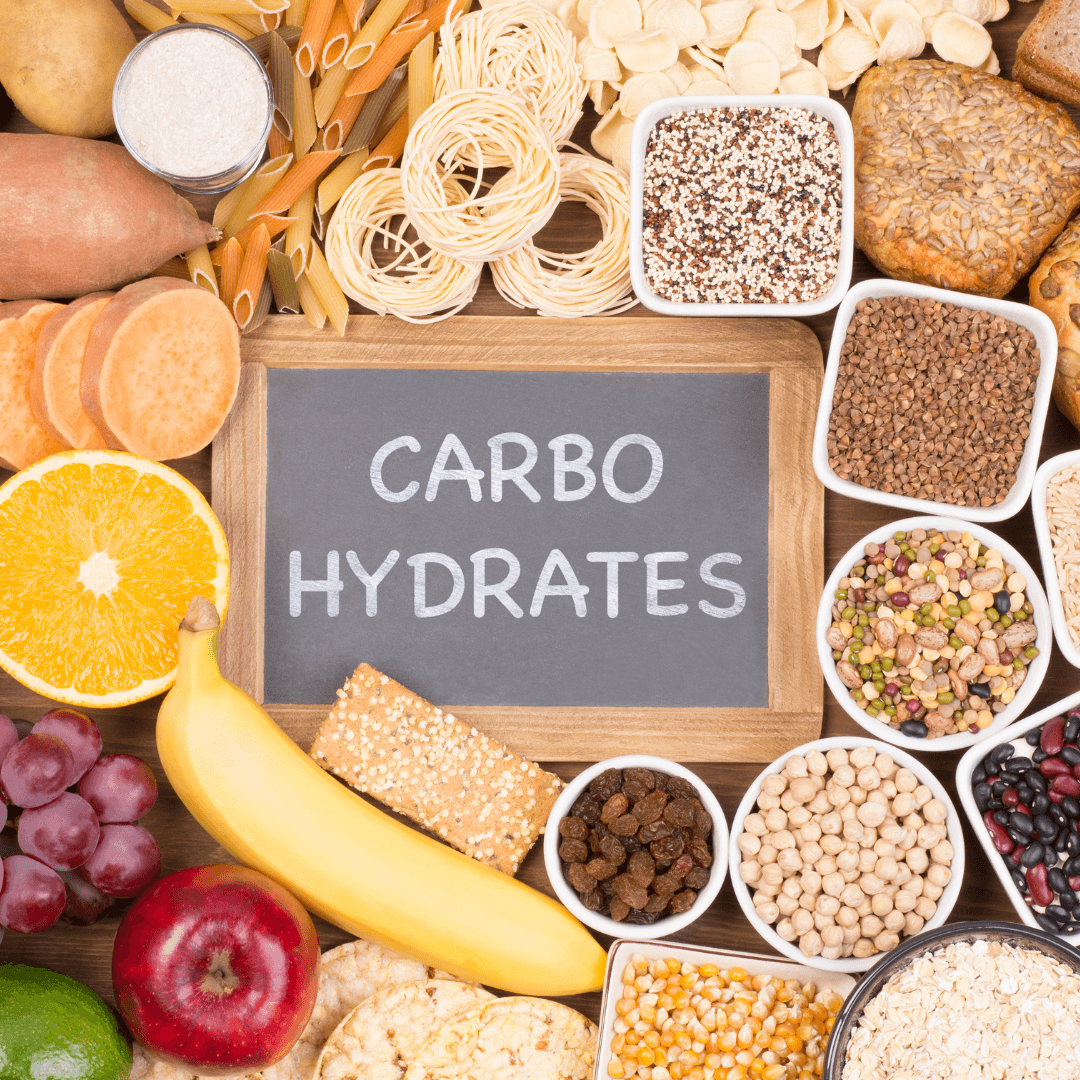
3. Carbohydrate-Rich Foods
Whole grains, such as oats, quinoa, and brown rice, stand as stalwarts among complex carbohydrates, providing a sustained release of energy essential for the prolonged efforts demanded by long-distance running.
In the context of a vegan diet for ultra-runners, incorporating nutrient-rich whole grains, fruits, and vegetables, such as oats, quinoa, sweet potatoes, and legumes, becomes essential for sustaining energy levels during the demanding efforts of long-distance running.
Fruits, rich in natural sugars and fiber, offer a quick energy boost while maintaining a steady release throughout the run.
Meanwhile, vegetables like sweet potatoes and legumes contribute complex carbohydrates and crucial vitamins and minerals.
The importance of these carbohydrates lies in their role as the primary fuel source for muscles—glycogen.
Long-distance running depletes glycogen stores, leading to fatigue and a decline in performance. Replenishing glycogen stores through a well-balanced diet, especially post-run, becomes imperative for recovery and sustained training.
Incorporating a variety of complex carbohydrates supports the energy demands of ultra-distance running and provides essential nutrients and fiber crucial for overall health.
As vegan ultra-runners traverse the trails, carefully selecting and timing carbohydrate-rich foods becomes key to their nutritional strategy, enabling them to conquer the miles with endurance and resilience.

4. Optimal Hydration Strategies
Hydration is not merely a consideration; it is a strategic imperative. Adequate water intake is fundamental for temperature regulation, joint lubrication, and nutrient transportation, all of which are crucial during the prolonged exertion of ultra-running.
To maintain hydration during training and races, runners need to establish a personalized hydration plan, accounting for factors like climate, intensity, and individual sweat rates.
Practical tips for staying well-hydrated involve consistent sipping rather than infrequent large gulps, allowing the body to absorb and utilize water more effectively.
Monitoring urine colour can serve as a valuable indicator of hydration status; a pale yellow hue generally suggests proper hydration.
Electrolyte balance is equally vital, especially during longer efforts, and can be maintained by including electrolyte-rich foods, sports drinks, or electrolyte supplements.
Vegan options like coconut water or homemade electrolyte drinks can be beneficial. Ultimately, in the relentless pursuit of ultra-distance goals, a keen awareness of hydration needs and a proactive approach to fluid intake can make all the difference in the runner's ability to go the extra mile with resilience and endurance.

5. Meal Timing And Planning
Prioritizing pre-run nutrition is paramount, as it sets the stage for the demanding miles ahead. A well-balanced meal incorporating complex carbohydrates, moderate protein, and a small amount of healthy fats can provide the necessary fuel without causing digestive distress.
Snacks such as bananas with nut butter or smoothies with plant-based protein are convenient and easily digestible options.
Post-run nutrition, equally crucial, replenishes glycogen stores and kickstart recovery. Within the first hour, a combination of carbohydrates and protein becomes essential.
Consider options like a quinoa salad with vegetables and tofu or a bowl of oatmeal topped with fruits and nuts.
Sample meal plans may include a hearty breakfast with oats and berries, a quinoa and vegetable stir-fry lunch, and lentil soup with whole-grain bread for dinner.
Snacks like energy bars, trail mixes, or fruit smoothies can bridge nutritional gaps between meals.
Tailoring these nutritional strategies to the specific needs of ultra-runners ensures that every bite is a step towards conquering the miles, fostering endurance, and promoting optimal recovery.
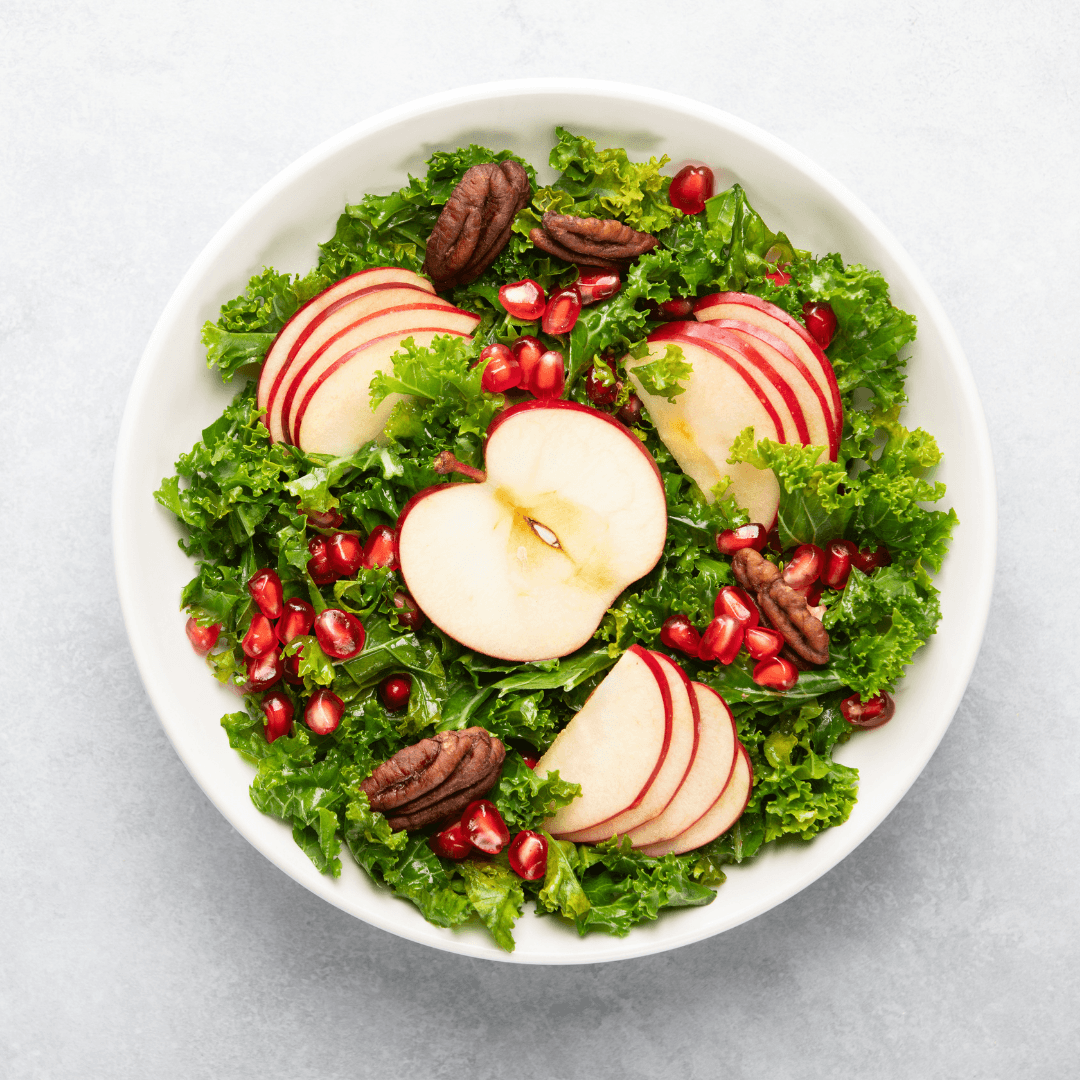
6. Vegan Snack Options For Long Runs
Vegan ultra-runners can sustain their energy levels with practical and portable snack options tailored to the demands of long training sessions and races.
An energy-dense and easily digestible trail mix of nuts, seeds, and dried fruits provides a convenient source of essential fats and carbohydrates.
Energy bars made from whole ingredients, such as dates, nuts, and oats, offer a quick and satisfying boost during the run.
Portable fruit options like bananas, apples, or dried fruit are rich in natural sugars and provide a rapid energy release.
Compact and easily transportable tofu or tempeh sandwiches on whole-grain bread offer balanced macronutrients for a protein punch.
Homemade granola bars or energy bites, crafted with ingredients like oats, nut butter, and sweeteners, provide a customizable snack that caters to individual taste preferences.
These vegan snack options fuel the body and offer convenience, enabling ultra-runners to conquer the distance with sustained vitality.

7. Supplementation Guidance
For vegan ultra-runners, thoughtful supplementation can address specific nutrient considerations inherent in a plant-based diet.
Red blood cell formation and nerve function depend on vitamin B12, mostly in animal products.
Since plant-based sources are limited, vegan ultra-runners may benefit from B12 supplements to prevent deficiencies and maintain optimal energy levels.
Vitamin D, vital for bone health and immune function, can be challenging to obtain solely from sunlight and plant-based sources.
Vegan athletes may consider vitamin D supplements, particularly in regions with limited sunlight exposure.
Fish oil is usually a good source of omega-3 fatty acids, which are important for heart health and inflammation management.
In the realm of a vegan diet for ultra-runners, plant-based sources like flaxseeds, chia seeds, and walnuts, complemented by algae-based omega-3 supplements, offer a strategic approach to meeting the essential needs of omega-3 fatty acids, vital for heart health and inflammation control during the intense demands of ultra-distance running.
However, incorporating algae-based omega-3 supplements can provide a direct source of EPA and DHA, the more readily usable omega-3s.
While a well-planned vegan diet can meet many nutritional needs, these supplements serve as valuable additions to ensure comprehensive nutrient intake and support the rigorous demands of ultra-distance running.
As with any supplementation, consultation with a healthcare professional is advised to tailor recommendations based on individual needs and optimize the performance and well-being of vegan ultra-runners.
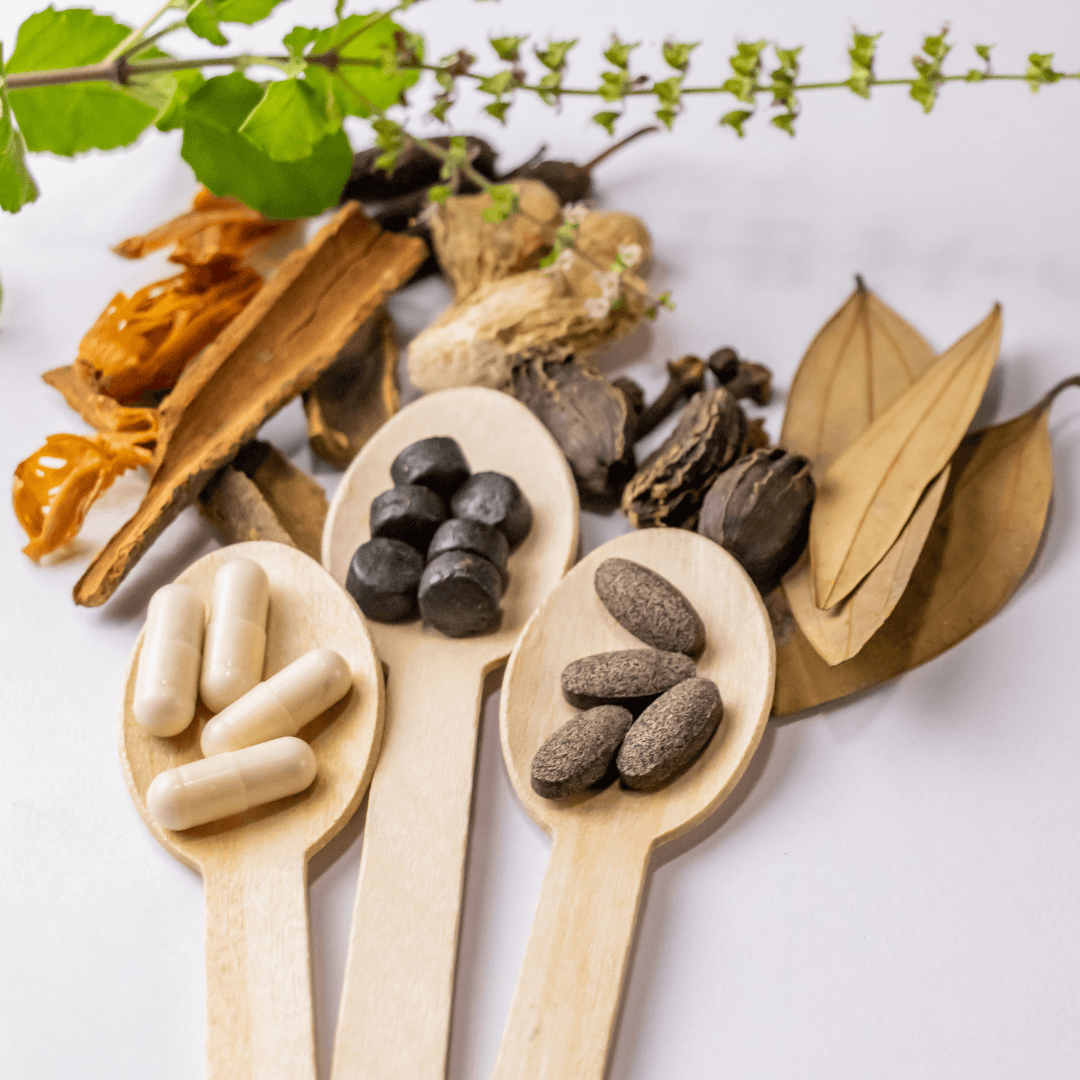
8. Ayurvedic Nutrition For Endurance
Ayurvedic nutrition offers a holistic approach to fueling the body and mind. Rooted in ancient Indian wisdom, Ayurveda categorizes individuals into distinct doshas—Vata, Pitta, and Kapha—each representing a unique combination of elemental energies.
Applying Ayurvedic principles to vegan nutrition involves understanding one's dosha and aligning dietary choices accordingly.
Vata-dominant runners may benefit from grounding, nourishing foods to balance their airy and energetic nature.
At the same time, Pitta-dominant individuals might focus on cooling and hydrating options to temper their fiery disposition.
Kapha-dominant ultra-runners may thrive on stimulating, light foods to counterbalance their earthy and stable tendencies.
Ayurvedic nutrition emphasizes consuming fresh, whole foods, favouring seasonal and locally sourced ingredients.
For vegan athletes, this translates to diverse plant-based options catering to individual doshas, providing sustained energy and balance. Incorporating Ayurvedic wisdom into meal planning for vegan ultra-runners goes beyond macronutrient ratios.
It delves into the qualitative aspects of food, considering taste, temperature, and the overall impact on mind-body equilibrium.
By aligning dietary choices with Ayurvedic principles, vegan ultra-runners have the potential to optimize physical performance and achieve a harmonious balance that resonates with their unique constitution and the demands of long-distance running.
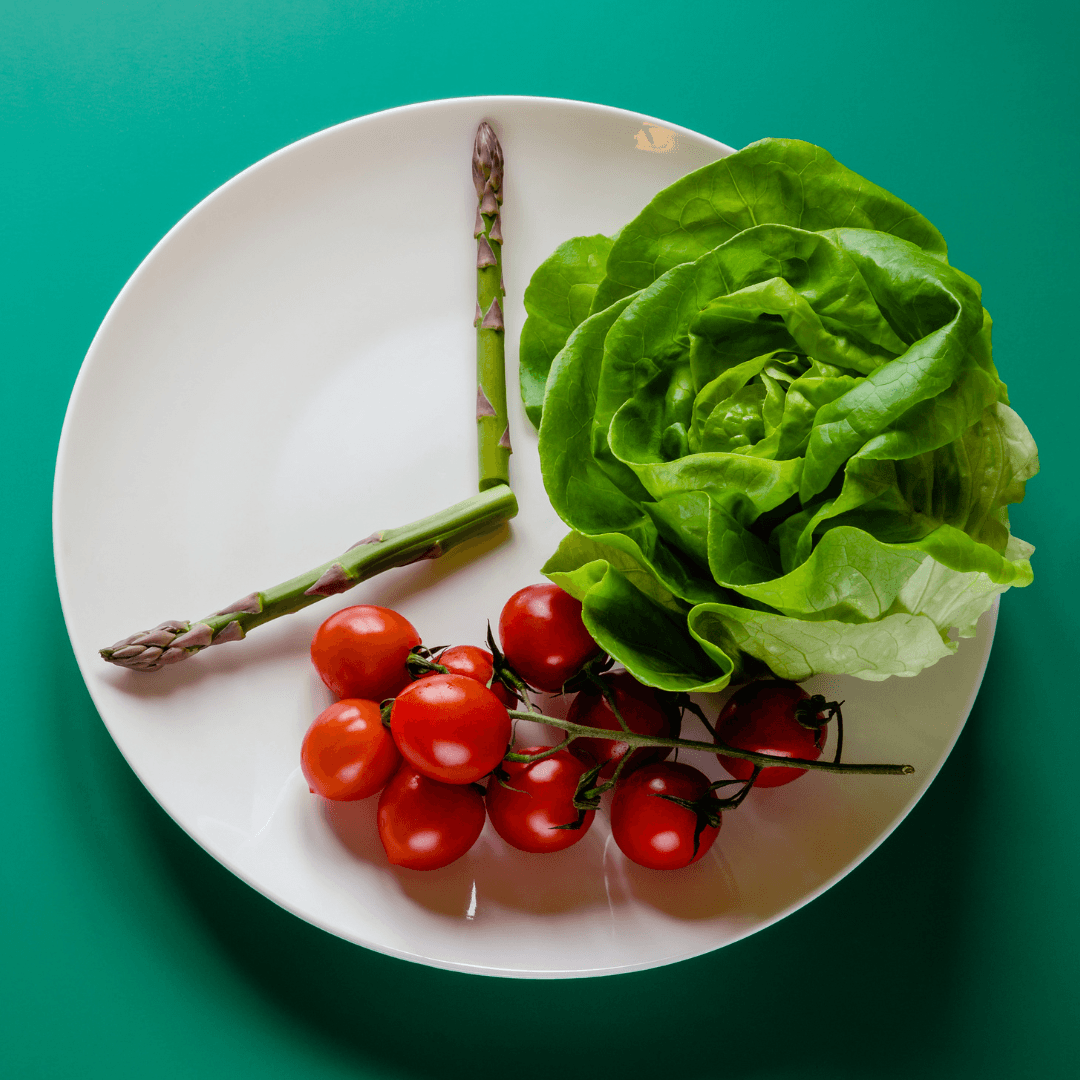
9. Intermittent Fasting And Ultra Running
Intermittent fasting, which alternates between eating and fasting times, has gained popularity due to possible health advantages.
Careful consideration is essential when exploring its compatibility with ultra-distance training for vegans.
Vegan athletes engaging in intermittent fasting must strategically time their meals to ensure they meet heightened energy demands while adhering to the principles of plant-based eating.
The fasting window could be scheduled during non-training hours, allowing for post-run replenishment during the feeding period.
In the realm of a vegan diet for ultra-runners, navigating intermittent fasting requires a meticulous approach, focusing on nutrient-dense plant-based foods and acknowledging that individual adjustments are essential to harmonize the benefits of fasting with the unique demands of ultra-distance running.
While the potential benefits of intermittent fasting, such as improved metabolic flexibility and fat utilization, align with the demands of ultra running, individual preferences and performance responses vary.
Therefore, vegan ultra-runners delving into intermittent fasting should carefully monitor their energy levels, recovery, and overall well-being, adjusting the fasting window and meal composition to balance this dietary approach and the rigorous demands of conquering ultra-distance trails.
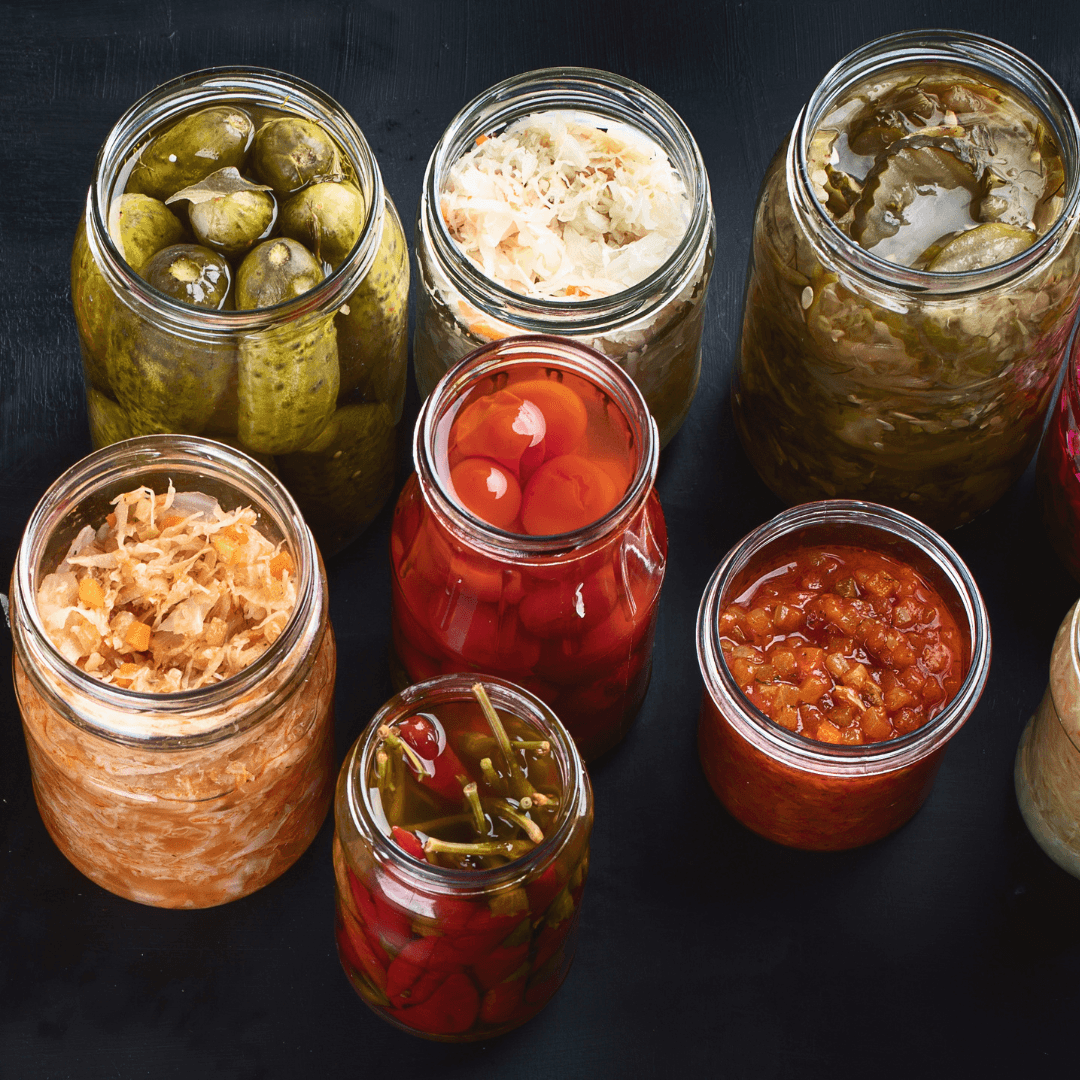
10. Fermentation For Gut Health And Performance
Fermented foods, rich in probiotics, not only contribute to the diverse microbial ecosystem of the gut but also offer myriad benefits for vegan athletes pushing the limits of endurance.
In the specialized realm of a vegan diet for ultra-runners, harnessing the power of probiotic-rich fermented foods is a unique and indispensable strategy.
It fosters a resilient gut microbiome, fortifies immune defences, and optimizes nutrient absorption to meet the distinctive demands of endurance running.
These probiotics play a pivotal role in enhancing gut health by promoting a balanced microbiome, fortifying the immune system, and aiding in the digestion of complex plant-based fibres.
This can translate to improved nutrient absorption from their predominantly plant-based diets for vegan ultra-runners, ensuring that essential vitamins and minerals crucial for sustained performance are readily available.
Furthermore, the probiotic-rich environment cultivated by fermented foods may contribute to reduced inflammation and faster recovery, which are vital considerations in the rigorous world of ultra-distance running.
By incorporating fermented delights such as sauerkraut, kimchi, kombucha, or plant-based yogurt into their dietary regimen, vegan ultra-runners not only support their gut health but also unlock the potential for optimized performance through a harmonious relationship between nutrition, microbiome, and the demands of conquering the trails.
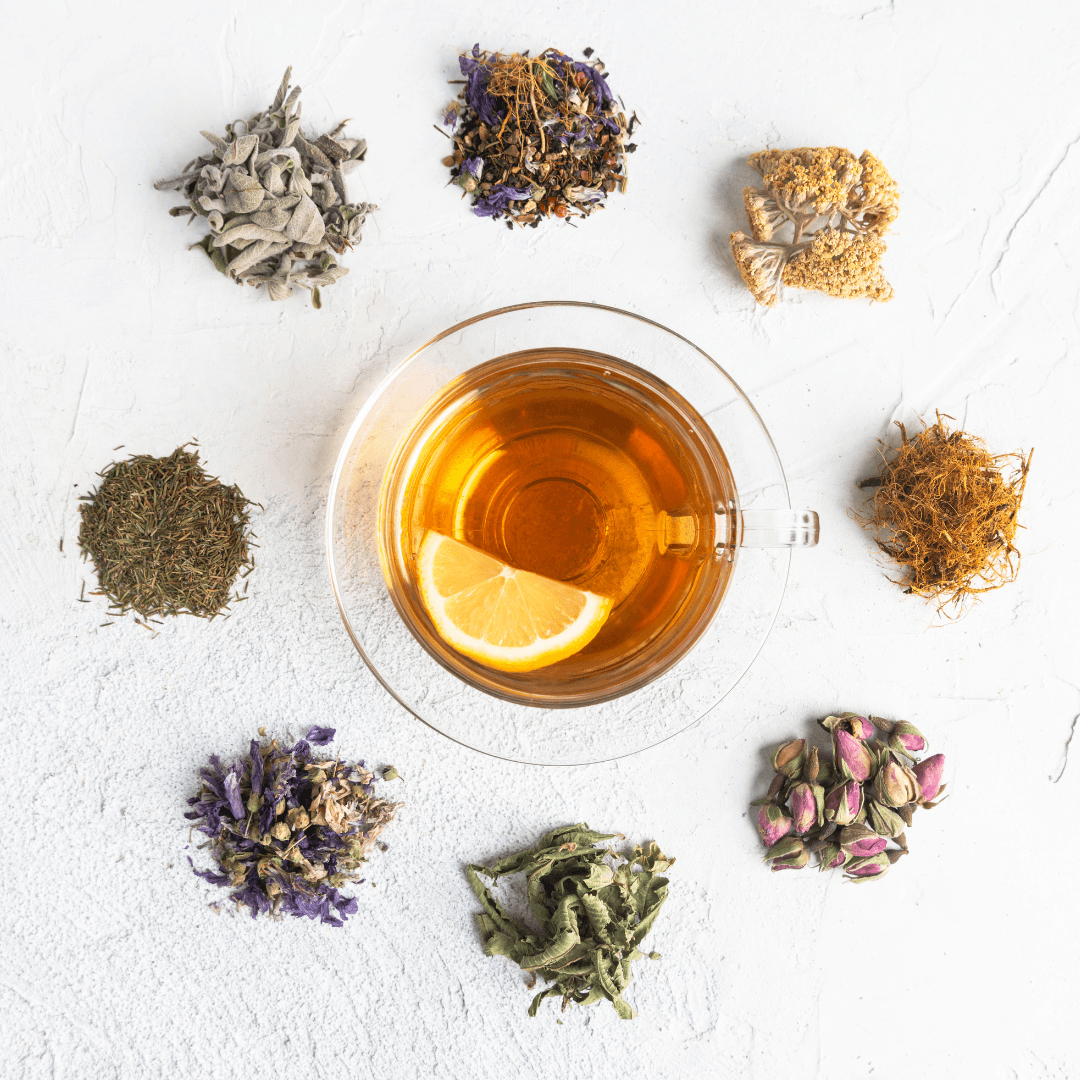
11. Herbal Teas And Infusions For Recovery
Herbal teas, crafted from diverse plant sources, offer a symphony of benefits to enhance recovery after the rigours of ultra-distance running.
Anti-inflammatory properties found in teas like ginger or turmeric can aid in alleviating muscle soreness, while chamomile and peppermint infusions contribute to relaxation and stress reduction.
Nettle tea, rich in antioxidants and iron, may assist in replenishing nutrients lost during intense exercise.
Additionally, when infused, adaptogenic herbs such as holy basil or ashwagandha may support the body's adaptation to stress, promoting overall resilience.
Herbal teas' hydrating nature aids in replenishing fluids, which is essential for recovery. With options ranging from comforting lavender blends to invigorating citrus infusions, herbal teas provide a customizable and flavourful means for vegan ultra-runners to nurture their bodies, reduce inflammation, and embrace a moment of tranquillity post-run, forging a holistic pathway to renewed energy and enduring performance on the trails.
The Vegan Ultra Fuel: A Sample Diet For Ultra-Runners
Creating a sample vegan diet for ultra-runners requires careful consideration of the high energy demands and nutritional needs associated with long-distance running.
Remember that individual requirements may vary, and it's crucial to adapt the following sample diet based on personal preferences, training intensity, and dietary goals. Here's a day's worth of meals for an ultra runner:
Breakfast
- Overnight oats are made with rolled oats, almond milk, and chia seeds, topped with sliced bananas, berries, and a sprinkle of nuts or seeds.
- Toast made with whole grains, avocado, and roasted sweet potatoes on the side.
- Herbal tea or black coffee for a gentle caffeine boost.
Mid-Morning Snack
- A green smoothie with spinach, kale, frozen mixed berries, a banana, plant-based protein powder, and water or almond milk.
- Use a handful of almonds or walnuts for additional protein and healthy fats.
Lunch
- Quinoa salad with mixed vegetables (tomatoes, cucumber, bell peppers), chickpeas, and a tahini dressing.
- Steamed broccoli or kale on the side.
- Fresh fruit like an apple or orange.
Afternoon Snack
- Rice cakes topped with peanut or almond butter.
- Carrot and celery sticks with hummus for a satisfying crunch and additional protein.
Dinner
- Lentil and vegetable curry served over brown rice.
- A mixed green salad with avocado, cherry tomatoes, and a lemon-tahini dressing.
- Baked sweet potato or butternut squash for complex carbohydrates.
Evening Snack (if needed)
- Vegan yogurt with a handful of granola or a piece of fruit.
- Herbal tea for relaxation.
Hydration Throughout the Day
- Drink water consistently throughout the day, and consider incorporating electrolyte-rich beverages, especially during and after long runs.
This sample vegan diet is rich in carbohydrates, moderate in protein, and includes healthy fats from nuts, seeds, and avocados.
It provides a mix of whole grains, legumes, fruits, and vegetables to meet the energy demands of ultra-running while ensuring a well-balanced intake of essential nutrients.
Adjust portion sizes and specific food choices based on individual preferences and dietary requirements.
Consulting with a registered dietitian or nutritionist can help personalize the diet to meet specific needs and optimize performance.
Conclusion
In conclusion, a vegan diet for ultra-running is not just a nutritional choice but a holistic lifestyle commitment that aligns with compassion, sustainability, and optimal performance.
As we've navigated the intricacies of this dietary approach for ultra-runners, it becomes evident that plant-powered nutrition offers a wealth of benefits.
In the dynamic synergy of a vegan lifestyle intertwined with the challenges of ultra-distance running, the vegan diet for ultra-runners becomes not only a nutritional choice but a holistic commitment, symbolizing the profound connection between mindful nourishment, the indomitable human spirit, and the vast trails waiting to be conquered.
Ultimately, the fusion of a vegan lifestyle with the demanding discipline of ultra-distance running transcends the purely physical; it embodies a profound connection between the runner, the nourishment they choose, and the vast trails they conquer.
It's a testament to the resilience of the human spirit and the power of mindful, plant-centric nutrition in achieving extraordinary feats of endurance.
So lace up those shoes, fuel your body with the goodness of plants, and let the trails become more than just a path to conquer.
I trust you enjoyed reading the article “Best Vegan Diet For Ultra-Runners.” Please stay tuned. I will be posting more blog posts very shortly.
JeannetteZ
>>>Please click here to read my Vegan Travel Guides To World Destinations<<<
>>>Want To Learn How To Create Delicious, Cruelty-Free, Healthy AND 100% Vegan Meals? Try These Awesome Vegan Cooking Courses With A Free 7-DAY MEMBERSHIP<<<
Your Opinion Is Important To Me
Ideas? Thoughts? Questions? I would love to hear from you. Please leave me your questions, experiences and remarks about the Best Vegan Diet For Ultra-Runners in the comments section below. You can also reach me by email at Jeannette@LivingTheVeganLifestyle.org.
Disclosure
This post may contain affiliate links. I earn from qualifying purchases as an Amazon Associate and other affiliate programs. Please read my full disclosure.
Here are some links to some of my favourite articles:
Is Vegan Healthy On Long-Term?
Vegetarian vs Vegan – Which Is Healthier?

